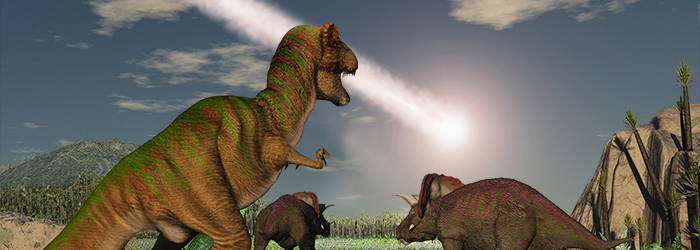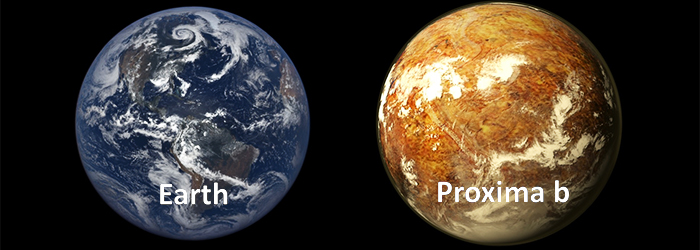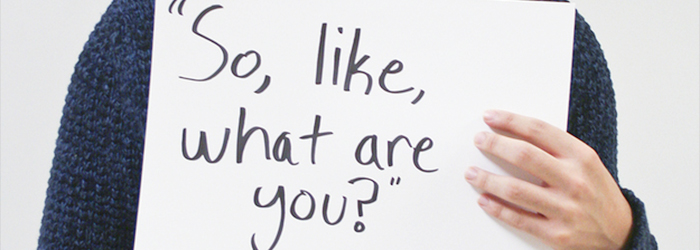Could skin cancer become a thing of the past?

Melanomas are the most aggressive and lethal type of skin cancer, killing one person every hour, and of course the threat is not just from the initial tumor but also fromRead more . . .

Melanomas are the most aggressive and lethal type of skin cancer, killing one person every hour, and of course the threat is not just from the initial tumor but also fromRead more . . .

Dating artifacts from the early days of human civilization has always been a bit hit or miss. It turns out that intense bursts of solar activity in the distant past laidRead more . . .

Around 100,00 years ago our species, Homo sapiens, coexisted with at least three other hominin species. Nobody knows the exact extant of their interactions but genetic evidence makes it prettyRead more . . .

It’s pretty clear the dinosaurs, and about 75% of all the plants and animals on Earth, went extinct as the result of some significant event about 65 million years ago.Read more . . .

Ozzy Osbourne, aka the Prince of Darkness, the heavy metal rocker turns out to have a number of genetic mutations that may explain why he has lived so long. TheRead more . . .

A new study in Proceedings of National Academy of Sciences suggests that not only do men and women differ in their perceptions of gender bias in STEM fields but also demonstrateRead more . . .

The closest habitable world to our Solar System might be, astronomically speaking, right next door. Scientists have discovered an Earth-sized planet, named Proxima b, a mere 40 trillion km (25Read more . . .

As we all pretty much know, coffee is one of the most consumed beverages in the world and for most people their primary source of caffeine. Why then do someRead more . . .

Why do humans have such a profound wanderlust to explore new, exotic, and even dangerous things? Recent studies have show that in addition to societal and cultural reasons there isRead more . . .

The term microaggression, first used in the 1970s, to describe subtle communications of expectations and racial stereotypes, has more recently evolved to include traditionally marginalized groups including women and disabledRead more . . .